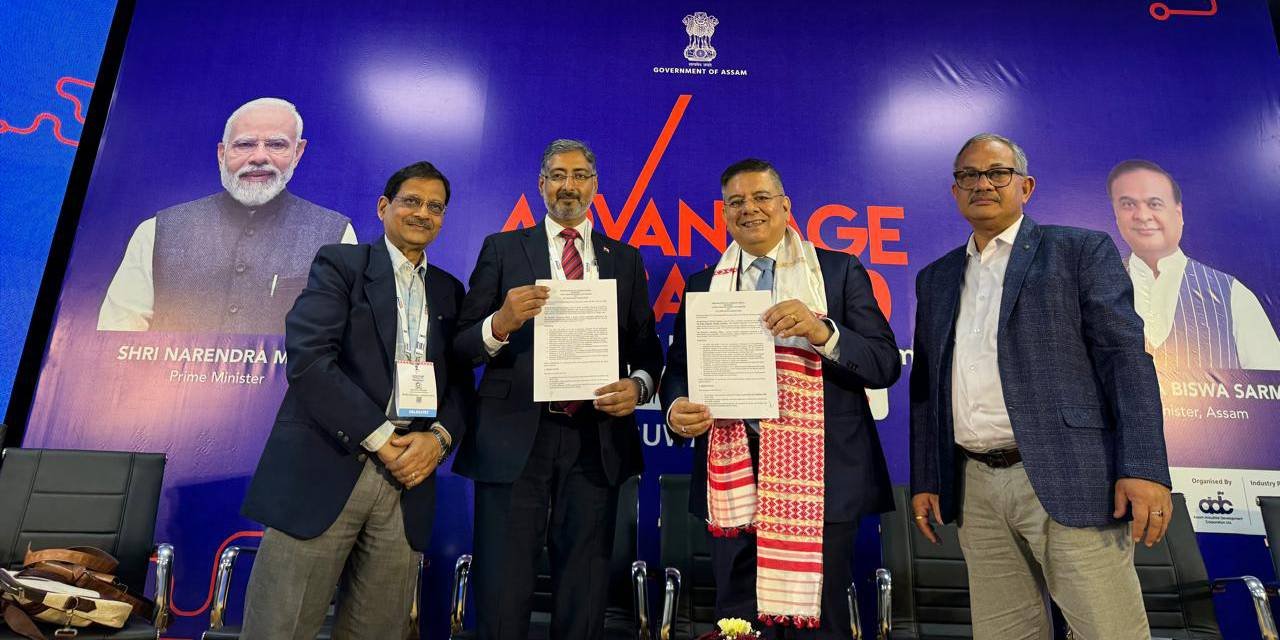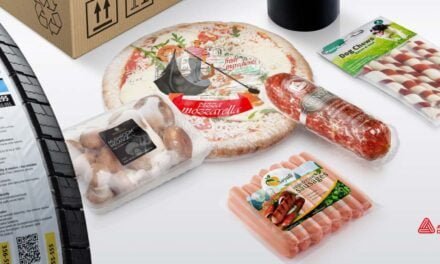Ball Corporation is focusing on enhancing recyclability of aluminium packaging, a crucial component in global food and beverage products.
As demand for aluminum packaging rises amid growing environmental concerns, Ball Corporation collaborates with global beverage titans to enhance sustainability in the industry. According to a major industry analyst, worldwide aluminium consumption is predicted to increase by 40% by 2030, owing to its greater recyclability and lower carbon footprint compared to other packaging materials.
Aluminium is used extensively in global food and beverage packaging to preserve freshness and protect contents. However, improving the recyclability of aluminum-containing food and drink packaging remains a serious global concern, which Ball Corporation is actively addressing.
Aluminium is highly recyclable on its own, but when used in mixed packaging, it can impede the recyclability of many products, posing a significant environmental challenge for the food and beverage industry. However, Ball Corporation, a leading American manufacturer of sustainable aluminium packaging for beverages and food products, is implementing innovative strategies to decarbonise the aluminium industry.

The company’s Climate Transition Plan leverages transparent data, proven technologies, and strategic partnerships to achieve circularity.
They have introduced their most sustainable aluminium aerosol can yet, featuring a carbon footprint 50 per cent lower than standard cans.
Since its debut in the 1950s, the aluminium can have been pivotal in the food and beverage industry. Today, Ball Corporation, in partnership with major beverage companies like Coca-Cola and PepsiCo, is at the forefront of innovation in aluminium can production. Their collaborative efforts are geared towards developing lightweight designs, boosting recycled content, and incorporating renewable energy into manufacturing.
Coca-Cola, for example, is targeting 100 per cent recyclable packaging worldwide by 2025 and aims to incorporate at least 50 per cent recycled content into its packaging by 2030. In a similar vein, PepsiCo has pledged to cut its use of virgin plastic in its beverage portfolio by 50 per cent by 2030.
These initiatives lessen environmental impact, bring about cost savings, and enhance efficiency throughout the supply chain.
Ball Corporation is collaborating with its supply chain partners to achieve an average of 85 per cent recycled content in the aluminium used for producing beverage cans, bottles, and cups across its operating regions by 2030.
Predrag Ozmo, Sustainability Director at Ball Corporation, emphasises the importance of this transition, “The aluminium industry emits more than 1 billion tonnes of CO2 a year. With consumers placing more importance on sustainability, we have a unique opportunity to lead the way on decarbonisation for the sector and beyond.”
He adds, “Ball Corporation is a strong advocate for public-private collaboration across the entire value chain as a catalyst for change at scale. We hope to see more of this kind of collaboration across the upstream and downstream value chain as industry-wide decarbonisation efforts gain momentum.”
Additionally, the company has co-founded the First Movers Coalition (FMC), a global initiative that harnesses corporate purchasing power to drive decarbonization in challenging industrial sectors, including aluminium. The coalition aims to ensure that at least 10 per cent of annual primary aluminium purchases have near-zero emissions by 2030.

Have a news or topic to share with industry? Write to us [email protected]















